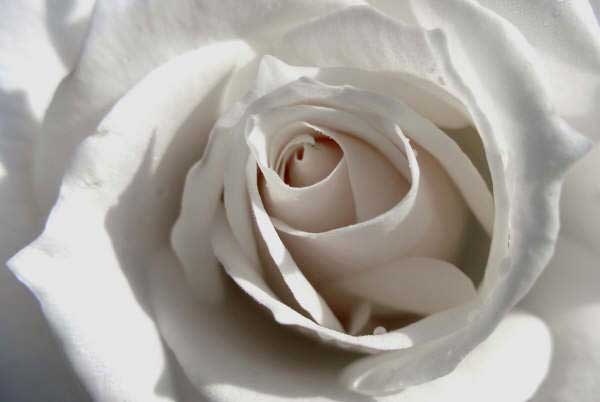It’s been awhile since I heard the word “pure” except to describe olive oil and Ivory soap – maybe also mountain spring water and 24 carat gold, but not much else. What sense we have of “pure” concerns just a few things, and mainly to mean a lack of impurity. A circular definition – “pure means something lacking impurity” – hints that we don’t fully know what we’re saying.
“Pure” is a strange concept for us moderns. If we ask, “What’s pure in our lives?,” the question can seem ill-fitting, tone-deaf to the lives we actually live. After all, “pure” is rarely on our Top Ten list. Maybe “pure” seems unattainable like a myth, a mirage, a white elephant of fantasy.
But in spiritual tradition, “pure” was a big deal – not just an aspiration but also a mandate. This week’s Torah portion (Emor) focuses on how our ancestors understood “pure” (tahor) and its opposite (tamei). The context was a priesthood that’s gone the way of history, but the reminder of what’s “pure” – and why it’s important – remains poignant and potent.
Our ancestors understood “pure” in terms of things, appearances, words, relationships and places. Some were “pure,” some weren’t. Back then, it was “impure” for a kohen (priest) to touch the dead, shave or cut certain hair, gash the skin, tear clothes, profane God’s name, marry certain people, or go outside the sanctuary (Lev. 21:1-15).
It seems a long list whose values feel foreign – today we might imagine a very different list – but the fact of a list means some important things. One is that “pure” isn’t a faraway reality or white elephant of fantasy, but totally attainable in the lives we lead. If “pure” seems impossible, then maybe standards are too high or hopes for ourselves or the world are too low.
Another thing we learn is that the “impure” list is limited. Soul isn’t on the list! Judaism teaches that the soul is never “impure” – no matter who, no matter what. Take that in.
A third is that the ancient list of five realms that can be “impure” – things, appearances, words, relationships and places – remains helpful. That list is in our control: it’s not inherently “impure” but rather made “impure” by human action. And some of what’s “impure” can be made pure again – maybe not everything, but certainly many things. “Impure” isn’t a one-way street.
The real question is why “pure” matters at all. In ancient days, “pure” was a human condition to serve the holy. When we focus only on what’s “impure” in things, appearances, words, relationships and places, that focus can pull us away from what’s most important. It’s not that we ignore what’s “impure” as if blind to it – ours isn’t a fake spirituality – but rather that we can lift our spiritual vision higher. In this way, “pure” can be less about the reality of what things are and more about our perspective, intention, sense of self and sense of what’s most important.
That higher spiritual vision is always possible and itself can serve the holy – and the world.
———————————-
David Evan Markus




